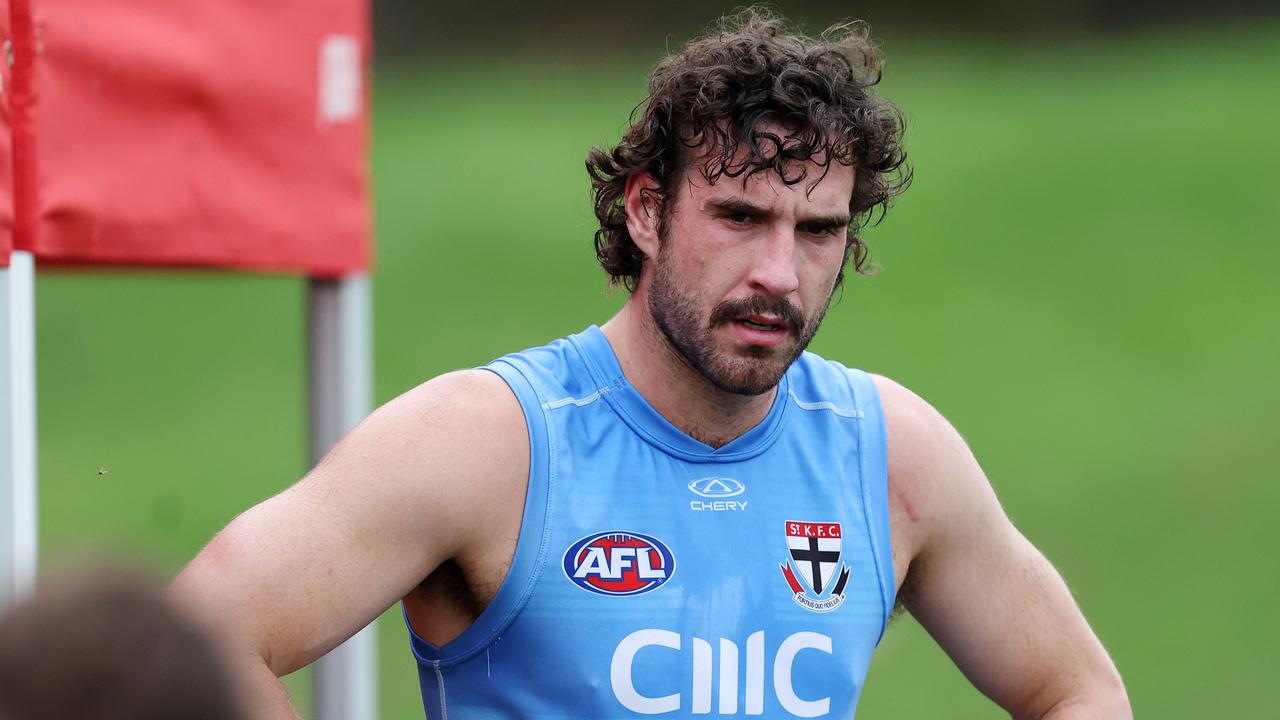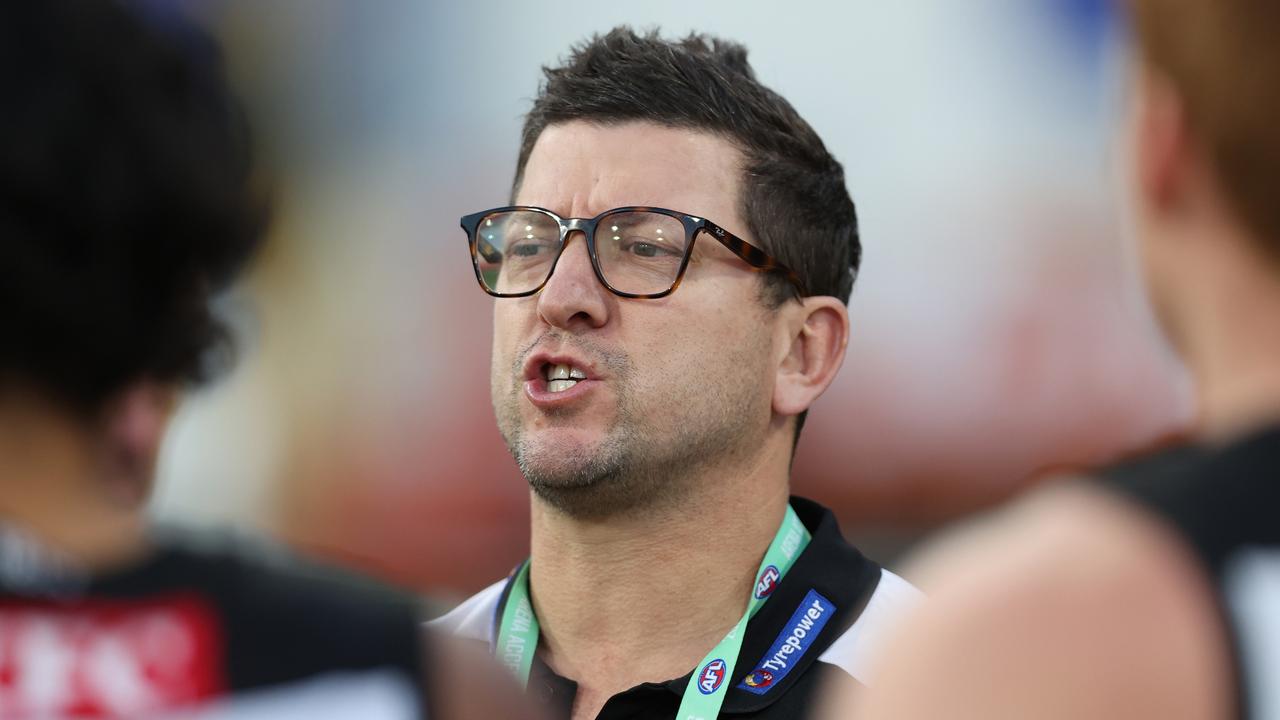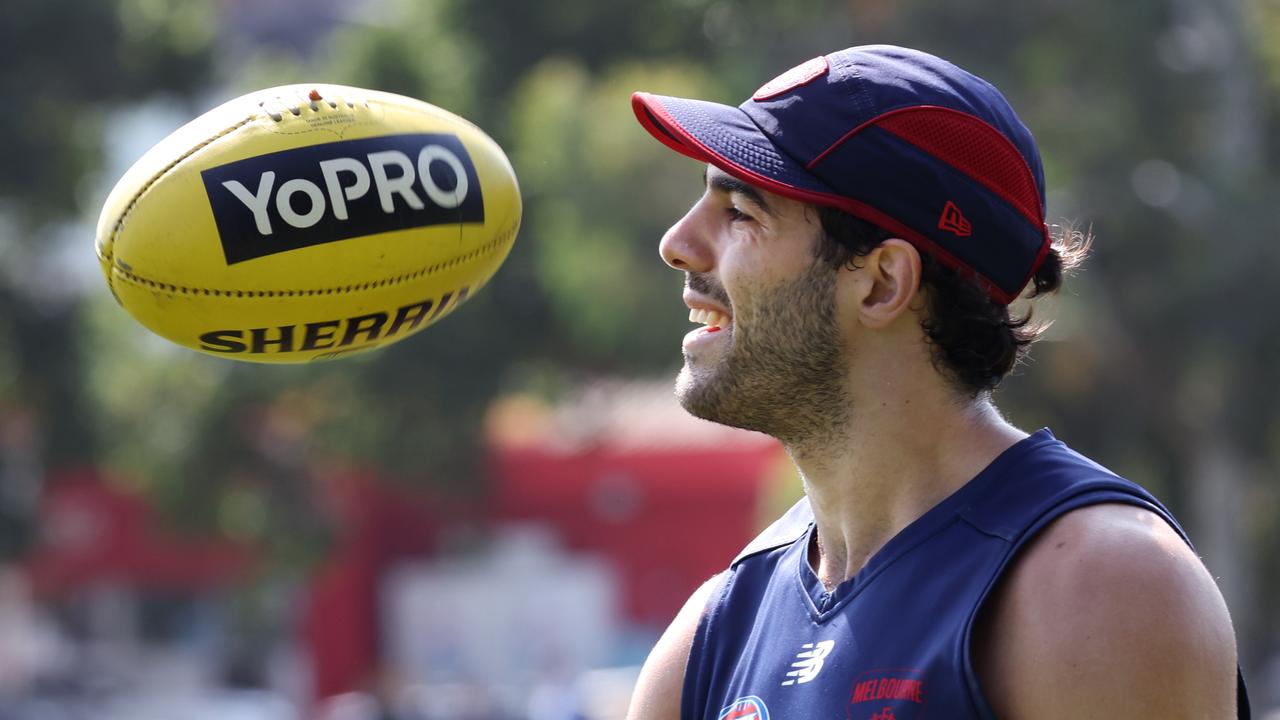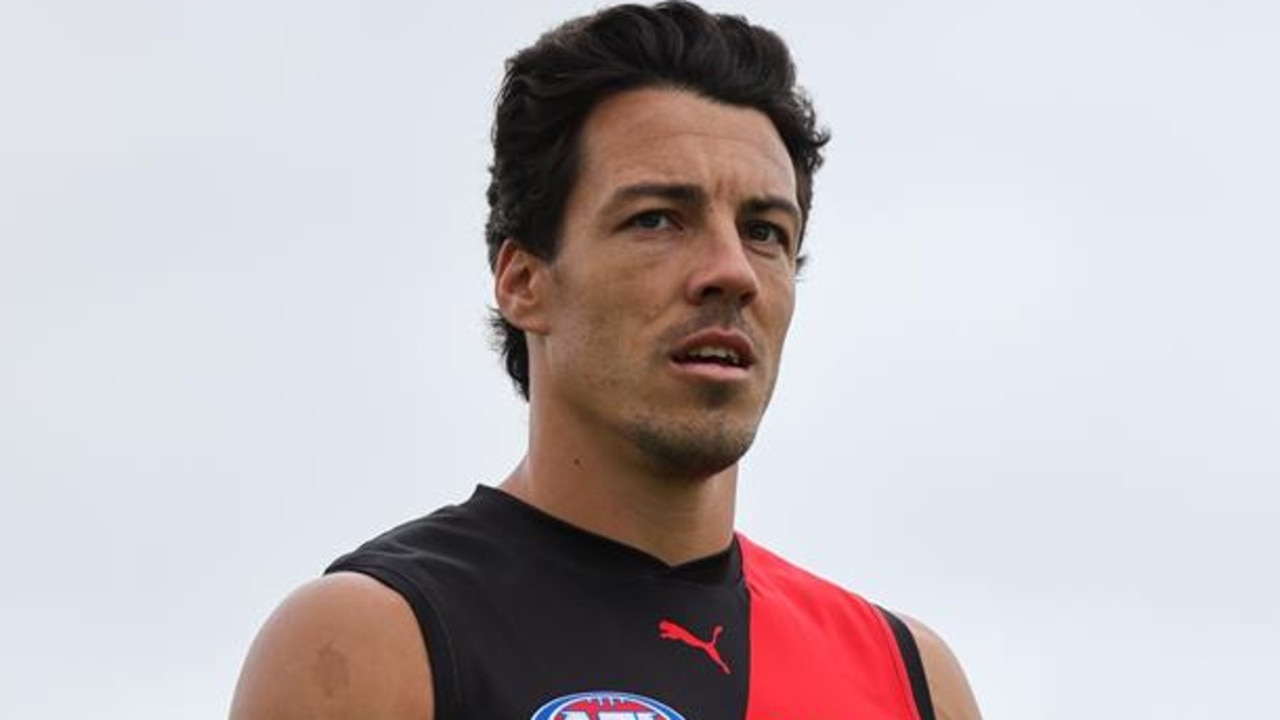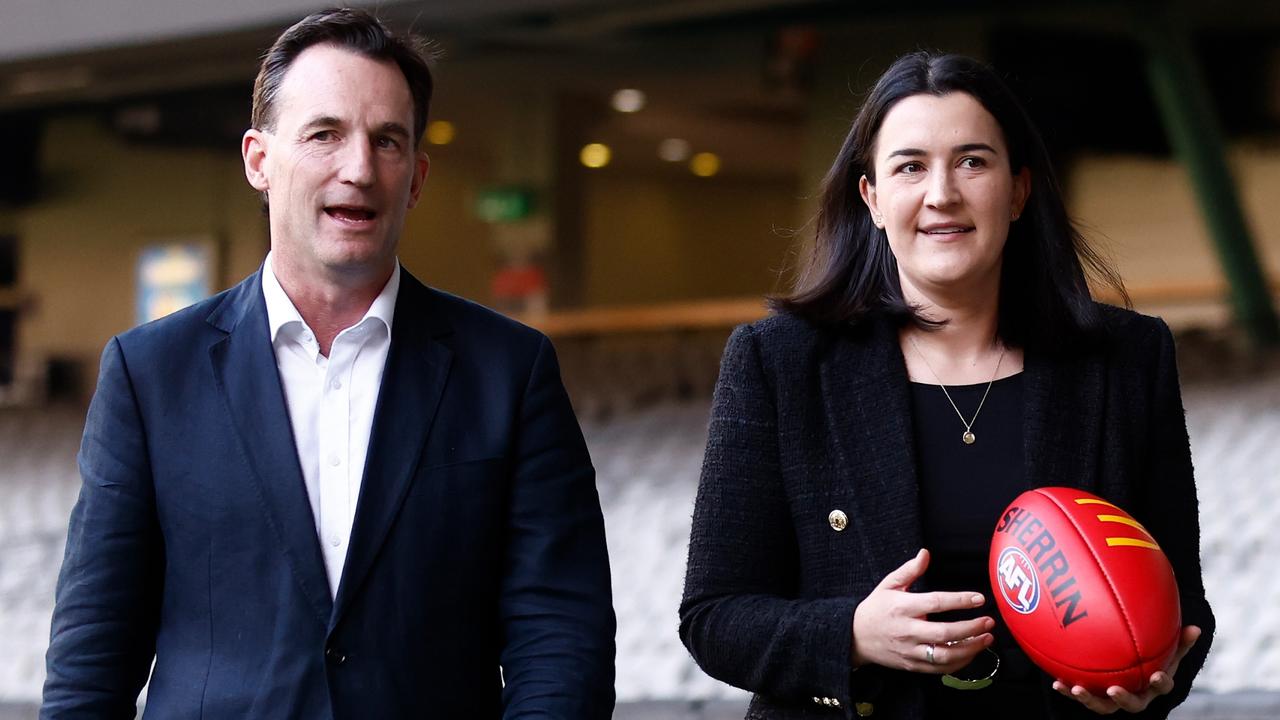Mick Malthouse: Wildcard round is taking the AFL’s obsession with American sport too far
The AFL is nothing like the main professional sports in the USA so, Mick Malthouse asks, why are they so obsessed with copying American gimmicks?
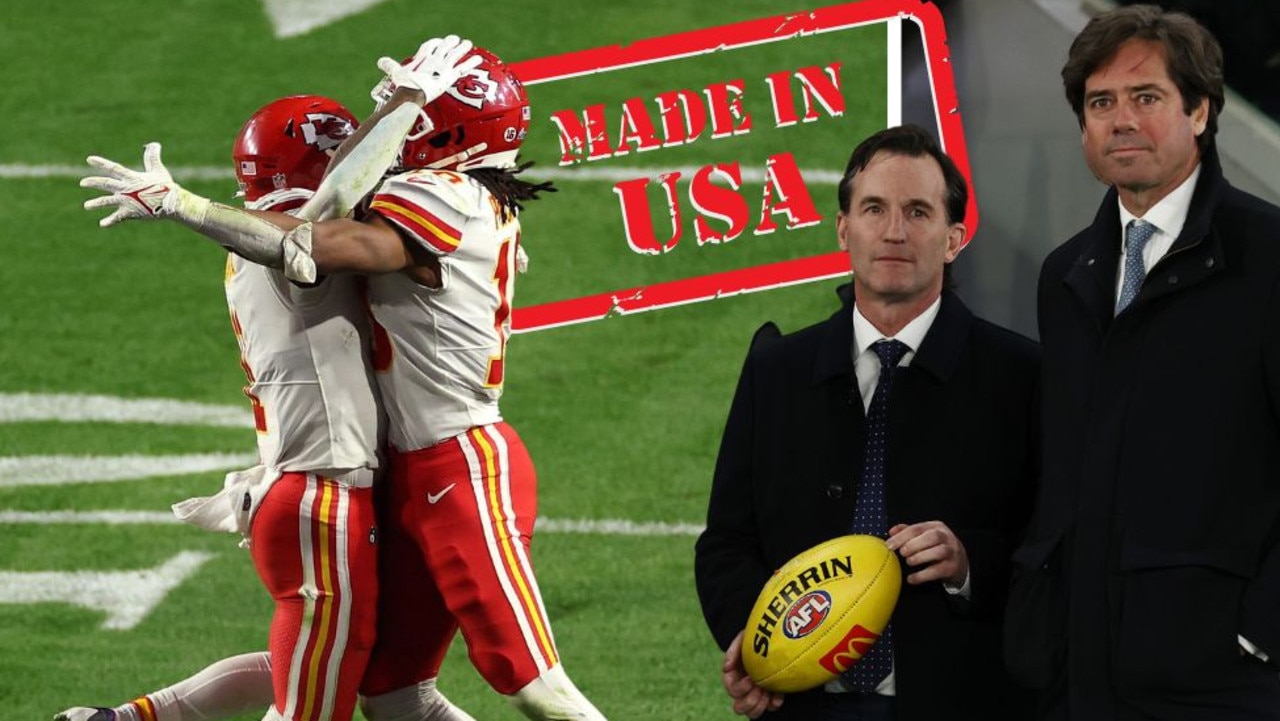
AFL
Don't miss out on the headlines from AFL. Followed categories will be added to My News.
What is with the AFL’s obsession with American sport?
First Andrew Demetriou, then Gill McLachlan, and now, it seems, Andrew Dillon, with his proposal to the clubs for a finals wildcard round and a best-of-three grand final series.
The thing is, Australian rules football is unique.
It’s one thing for the NBA to have a grand final series, with short, indoor, non-contact basketball games with lots of subs. It’s another to have an AFL grand final series.
Having coached two grand finals within the space of a week, after a draw, I saw the mental, emotional, and physical toll it took on the players.
If this proposal is true, which surely it can’t be, then it is a pure money grab, with little to no consideration for the players.
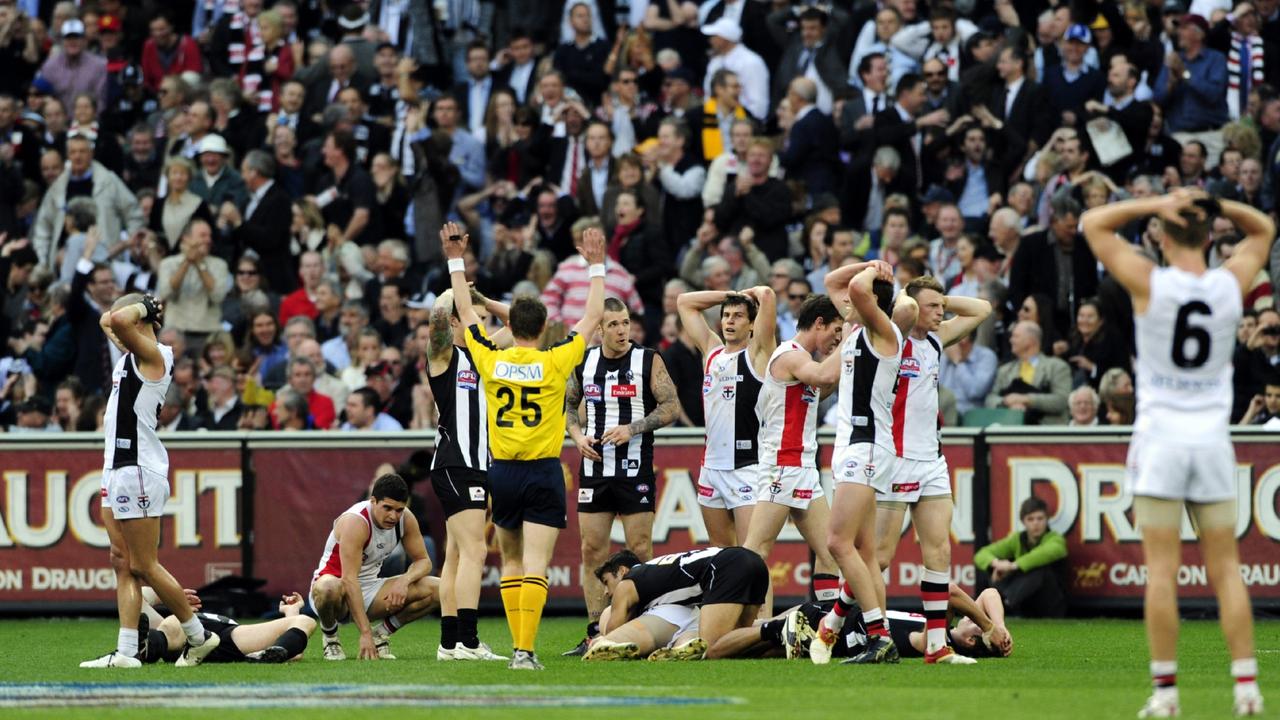
In the NFL there are 32 teams scattered throughout a 50-state nation. They are divided into two conferences of 16 teams each – the American football Conference and the National Football Conference – which are both further divided into four geographic divisions of four teams each.
The top four teams from each conference make playoffs, with a super wildcard weekend tournament played out between the next three best-placed teams from each conference.
It’s complicated and simple all in one. But it works due to the number of teams involved.
In an 18-team (currently) AFL system, the 10th-best team has no right to play finals, because it rewards mediocrity.
It would be the Meatloaf grand final disaster revisited to allow a wildcard round in which eighth plays ninth, and seventh plays 10th, to determine who plays “real” finals.
And I’ll give you a simple reason why.
By the last home-and-away round, the seventh-placed club could still be a chance to move up to fifth or sixth and earn a home final. The 10th-placed team could be locked into 10th, knowing it will play the seventh-placed team in a knockout “final”.
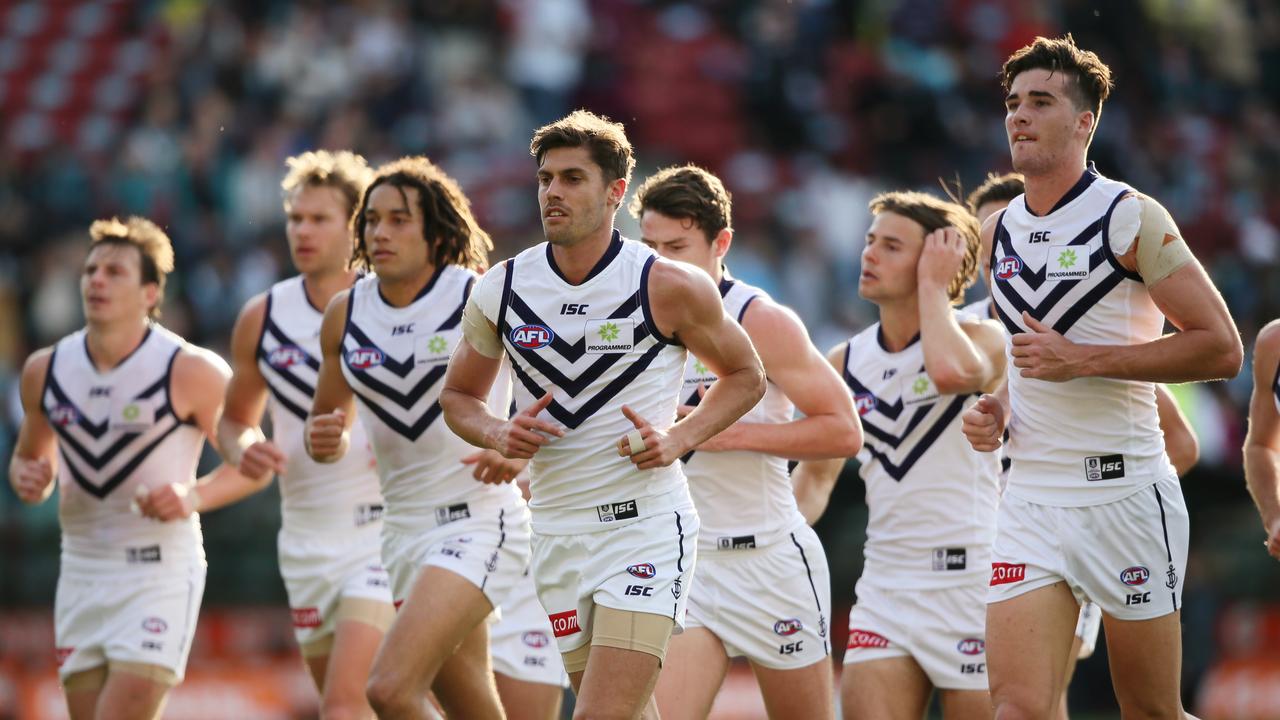
Like Ross Lyon did in 2015, when he rested 11 players from Fremantle’s final-round clash before finals, what stops the 10th-placed team resting half of its players to freshen up for its wildcard round against a seventh-placed team that has just fought to the death in the pursuit of a home final?
This is just one illustration of how the wildcard round could compromise the entire finals system.
Thankfully Essendon coach Brad Scott and his Geelong counterpart Chris Scott have spoken up about their discontent with the idea. We can only hope the club CEOs have as much common sense to dismiss the idea before it grows legs.
I was surprised to see some players endorsing the idea. Perhaps they are the same players calling for more games in the home-and-away season instead of practice matches before the season.
There is a correlation between the amount of time spent on fitness and injury prevention. Hitting the contest underprepared and underdone would be risky, bordering on fateful.
There are restrictions on how many weekends the AFL can host games, given its contract with the MCC. And as much as I am an advocate for the Players’ Association, its demands for player time-off has already diminished valuable time spent at the club throughout the year.
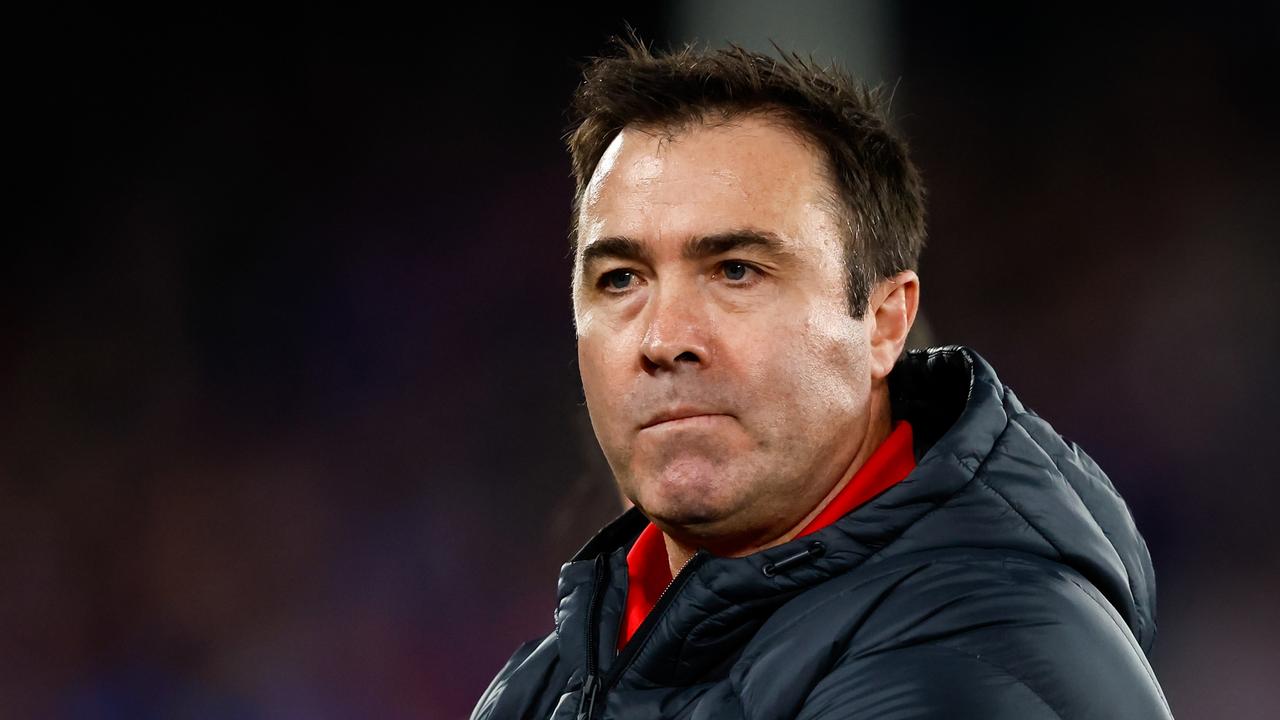
The length of the pre-season already limits the time a club can work on instigating new game styles and for getting a head start on fitness.
Teams consistently near the top of the ladder, like Geelong, rotate players throughout the year to freshen them. Most clubs don’t have the depth to do that.
So, a suggestion of even one more game, the wildcard round, is a strange one to me.
Perhaps some modern footballers are as American obsessed as the league bosses?
What’s good for NFL and NBA players is not always good for us. They need to look at the differences between AFL and these American sports and really think things through.
The game of Aussie rules used to be fluid in motion and allowed the coach to coach. We now have rules which deny both. The stand rule, 6-6-6, and the limited capacity of the runner. It’s all very NFL-ish. Where do you we want our game to go?
The 17-6 fixture suggestion is on the right track. Each club plays each other once, then games between the top six, the middle six, and the bottom six ensures a more balanced second round of games, with the Gather Round to remain as rivalry round.
WHY FINALS BOUND TEAMS NEED TO TINKER
The final eight is far from finalised. Outside of Collingwood, which has been dominant, and Port Adelaide, which has shown steely resolve, the ladder down to 14th-placed Sydney is still a moving part.
As much as the pre-finals bye has diminished the value of finishing top four, it’s still an advantage to play a home final, so now is the time to instigate changes to the game plan, or the starting 22, because every game is a must win.
Hence why Melbourne dropped Brodie Grundy last week. I wouldn’t call it desperation as much as a trial.
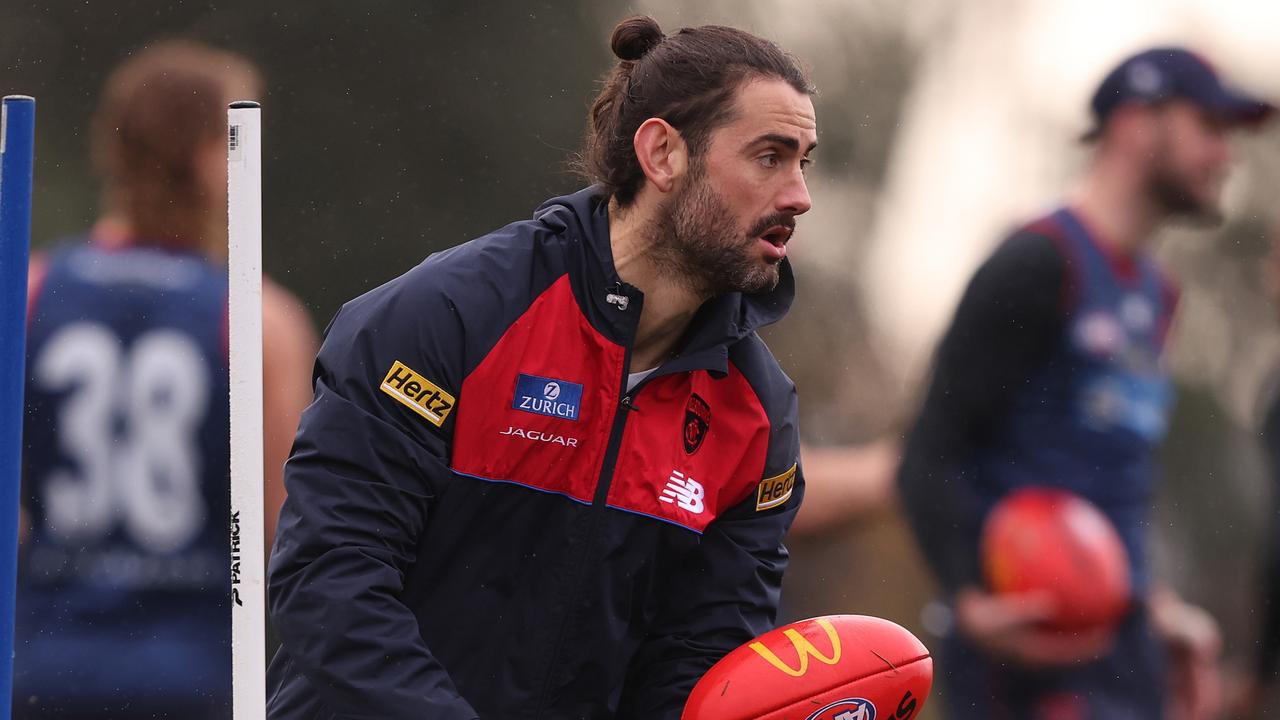
The Demons would not have beaten the Brisbane Lions without Max Gawn rucking for the whole last quarter. That’s not a sledge on Grundy, but he’s not Gawn.
In fairness, the Lions lost that game more than Melbourne won it. But it’s given the Demons breathing space and a timely tap to say, this is what we need going into the finals – one ruck who can be relieved for five minutes a quarter, by someone who isn’t necessarily a proven ruck.
It’s given Ben Brown an opportunity to cement a position forward, going into September, which he did in the latter part of Melbourne’s premiership season. If that doesn’t work, the Demons will have to go back to square one, and it makes it very difficult going into finals with an unsettled team.
The same goes for Port Adelaide. Is Charlie Dixon the main player in their forward line? Dose Port need to nurse him through? How many games can he play to have him primed for finals?
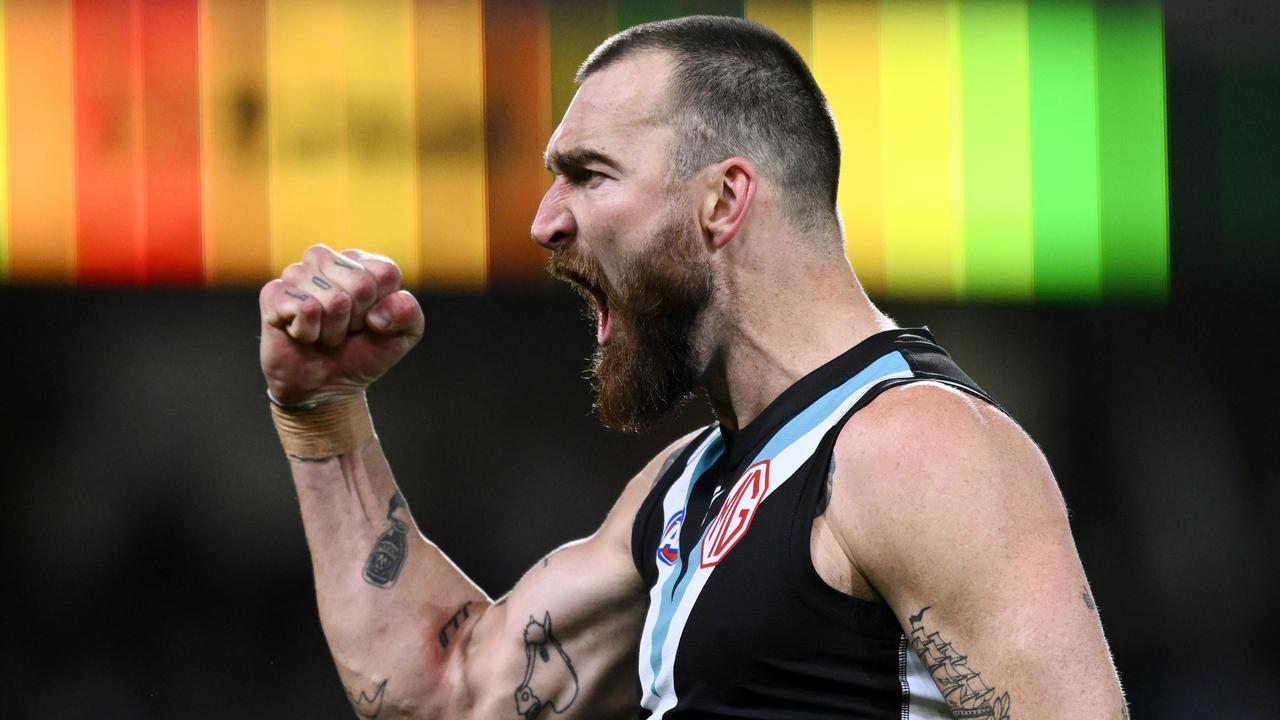
They probably can’t win without Dixon. He won’t win the game for them, but he is the reason they can win, because he’s an inspirational player and leader.
Similar for the Western Bulldogs with Bailey Smith. How many games do they need to get into him before finals?
Carlton without Harry McKay needs to lock in a new system to make, and win, finals.
Can Jack Silvagni produce what he produced last week, every week? If Marc Pittonet comes back from injury, can Tom De Koning still play such valuable role?
Michael Voss will be looking at a week-to-week proposition right now.
There’ll be no holding back in the next few weeks, with nearly every team in a position to make the final eight needing to show its hand, without being too aggressive and unhinging the confidence of the team. All, except the Magpies, who can afford to keep their cards close to their chest.
In 1994 at West Coast, we practised our forward line defensive mechanism behind closed doors and saved it for finals. We were in a position of strength at the top of the ladder to be able to do that.
We introduced it on grand final day against Geelong and it worked.
Collingwood has the same capacity to unleash a system which might surprise everyone going into finals. Be warned.
More Coverage
Originally published as Mick Malthouse: Wildcard round is taking the AFL’s obsession with American sport too far





